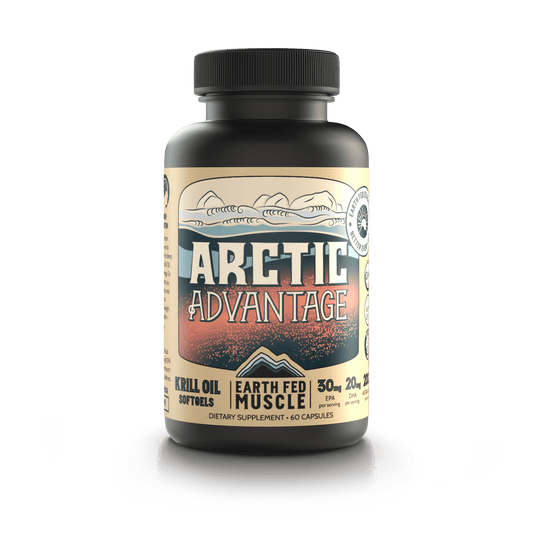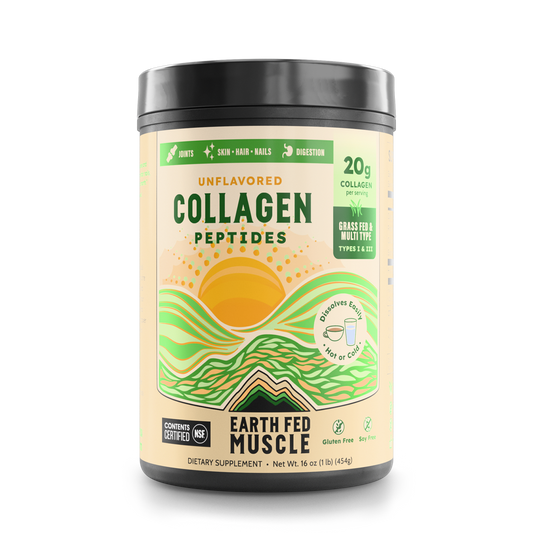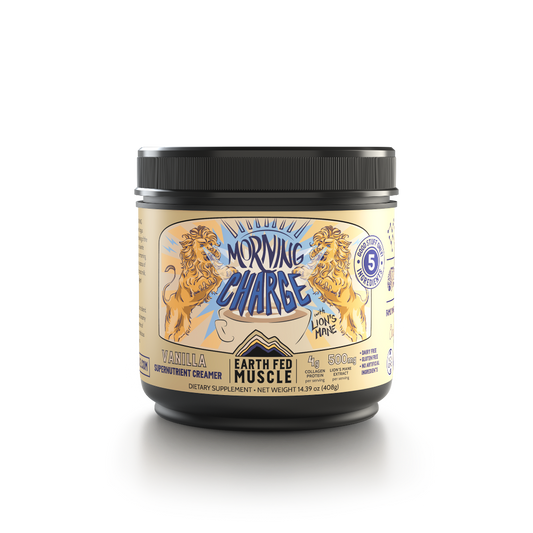Painful or swollen joints are a minor inconvenience, but chronic discomfort might signal an underlying condition, such as osteoarthritis. Joint pain can sometimes subside quickly, but it can be a constant challenge for those who experience it more frequently. Discover more about this pain and inflammation, as well as ways to manage it effectively.
What Is Joint Pain and Inflammation?
Joint pain is a general term used to describe discomfort, soreness and aches in one or more joints in the body. Inflammation or swelling is a natural response to an injury and can cause pain. Chronic inflammation may lead to inflammatory arthritis, which can worsen over time.
Aside from inflammatory arthritis, joint pain is caused by:
- Osteoarthritis: This happens when the cartilage that protects bones deteriorates.
- Rheumatoid arthritis: This is a chronic disease that causes joint swelling and sometimes deformity.
- Bursitis: Joint overuse is a common sign of bursitis in the hips, elbows, knees and shoulders.
Joint pain can also be a symptom of a medical condition, such as a viral infection, gout, rash or fever. Physical injuries such as sprains or fractured bones can also cause discomfort.
Impact of Joint Pain on Fitness Performance
Healthy joints are essential for optimal physical performance. Athletes’ joints are subjected to repetitive stress from training and competition demands. Pain and inflammation can affect athletic performance in the following ways:
- Reduced range of motion: Joint pain can make performing exercises more challenging. This can limit proper form and technique.
- More prone to injuries: Joint discomfort may increase the risk of injury and affect overall fitness performance if left untreated.
- Increased risk of depression and anxiety: Chronic joint pain can have psychological effects, such as anxiety related to physical activity.
Joint pain might be a common condition, but it can make daily activities and exercises more challenging. However, addressing it can help you be the best at what you do.
Nutrients for Better Joint Health
Discover nutrients and their food sources that can help promote better joint health.
Omega-3 Fatty Acids
Eating foods rich in omega-3 fatty acids can help ease arthritis symptoms and reduce morning stiffness. These healthy fats are also crucial for heart health and proper brain function. There are three types of omega-3 fatty acids — alpha-linolenic acid (ALA), docosahexaenoic acid (DHA) and eicosapentaenoic acid (EPA).
Here are some foods rich in omega-3s:
- Seafood: Salmon, mackerel, whitefish and trout have anti-inflammatory properties. You should eat fish containing low levels of mercury.
- Chia seeds: These seeds contain high amounts of ALA omega-3s.
- Plant oils: Soybean, flaxseed, and canola oil can reduce the risk of joint inflammation and promote better cognitive function.
In recent years, krill oil has become an increasingly popular source of omega-3s. Derived from tiny crustaceans, krill oil is particularly rich in EPA and DHA. Krill oil supplements, like the Arctic Advantage Krill Oil Softgels, provide anti-inflammatory and heart health benefits similar to what you’d get from regularly eating seafood. However, unlike many fish oils, krill also contains astaxanthin, a powerful antioxidant.
Arctic Advantage Krill Oil Softgels
$29.99

Vitamin D
Vitamin D is essential for bone and muscle health. Deficiency can increase the risk of osteoporosis and osteomalacia, which cause pain and weak bones. Vitamin D is also crucial for proper calcium absorption, which promotes better bone function.
Get your daily dose of vitamin D from the following sources:
- Salmon: Wild-caught salmon contains vitamin D and other nutrients that help promote better joint health.
- Sun exposure: One of the best free ways to get vitamin D is through sunlight. Aim for 10 to 30 minutes of direct exposure daily to ensure nutrient production.
- Egg yolk: Eggs provide a convenient way to acquire vitamin D, but refrain from getting your daily requirements just from this food.
Collagen
Collagen is the most abundant protein in the body. There are 28 different types of collagen, each with various purposes. There are the most common:
- Type I: This is found in skin, bones, ligaments, tendons and corneas.
- Type II: This type of collagen is found in cartilage and helps protect joints.
- Type III: Muscles and arteries contain this kind of collagen.
Beef bone broth is one of the major sources of collagen. It contains collagen type I, which can help promote better bone health. Sardines, organ meats, broccoli and pork bone broth are also excellent sources.
Collagen-infused drinks are popular ways to nourish your body with this type of protein. The Keystone Plus Collagen Lemonade Mix is a collagen- and vitamin C-rich powder that can help reduce joint pain and improve gut health. Simply mix it into a glass of cold water and enjoy.
Collagen Peptides, Unflavored (formerly known as The Keystone)
$39.99

How to Ease Joint Pain
Adapt these lifestyle changes and home remedies to manage joint pain and inflammation.
Stay Active
Regular exercise can lessen inflammation and strengthen bones and muscles. Aerobic exercises like biking, swimming and walking can also help increase your stamina. Activities like yoga, tai chi and simple stretching can reduce joint pain and inflammation.
Remember to fuel your body with the proper nutrients before starting your workout. Add the Morning Charge Supernutrient Creamer with Lion’s Mane to oatmeal, smoothies and beverages to help lessen joint pain while exercising.
If you love sweets, Keystone Plus Chocolate Collagen is a must-try. Add a few scoops to your morning coffee or post-workout drink to transform it into a sweet, nourishing treat.
Morning Charge Supernutrient Creamer with Lion’s Mane
$29.99

Apply Warm or Cold Compress
Take a warm bath or place a heating pad on the affected area. Heat can help loosen joints and relax stiff muscles, and ice packs can be used to reduce swelling. If you have hip, knee or ankle pain, perform gentle exercises to improve your range of motion and flexibility.
Eat Right
Healthy eating is one of the most natural ways to lessen joint inflammation. Fill at least half of your plate with vegetables and fruits. Swap out white pasta and rice for whole grains like brown rice and oatmeal.
Quit Smoking
Smoking is linked to rheumatoid arthritis, which can affect the smoker and the people around them. When left untreated, it can lead to bone damage and deformity. Quitting isn’t easy, but strategies like cognitive behavioral therapy can help you start your journey. Exercising is also an excellent way to get past cravings.
Take Care of Your Joints
Your joints are essential for performing daily tasks and activities you love. Caring for them is one of the most important investments you can make to ensure you can continue doing the things you love.
Author Bio
Jack Shaw is the senior health and fitness writer at Modded as well as a coach and sports enthusiast. For the past 6+ years he's studied and written extensively about how people of all ages and skill levels can stay fit and maintain mental and physical health. In recent years his athletic expertise has been featured in BarBend, TrainHeroic, SimpliFaster and more.
